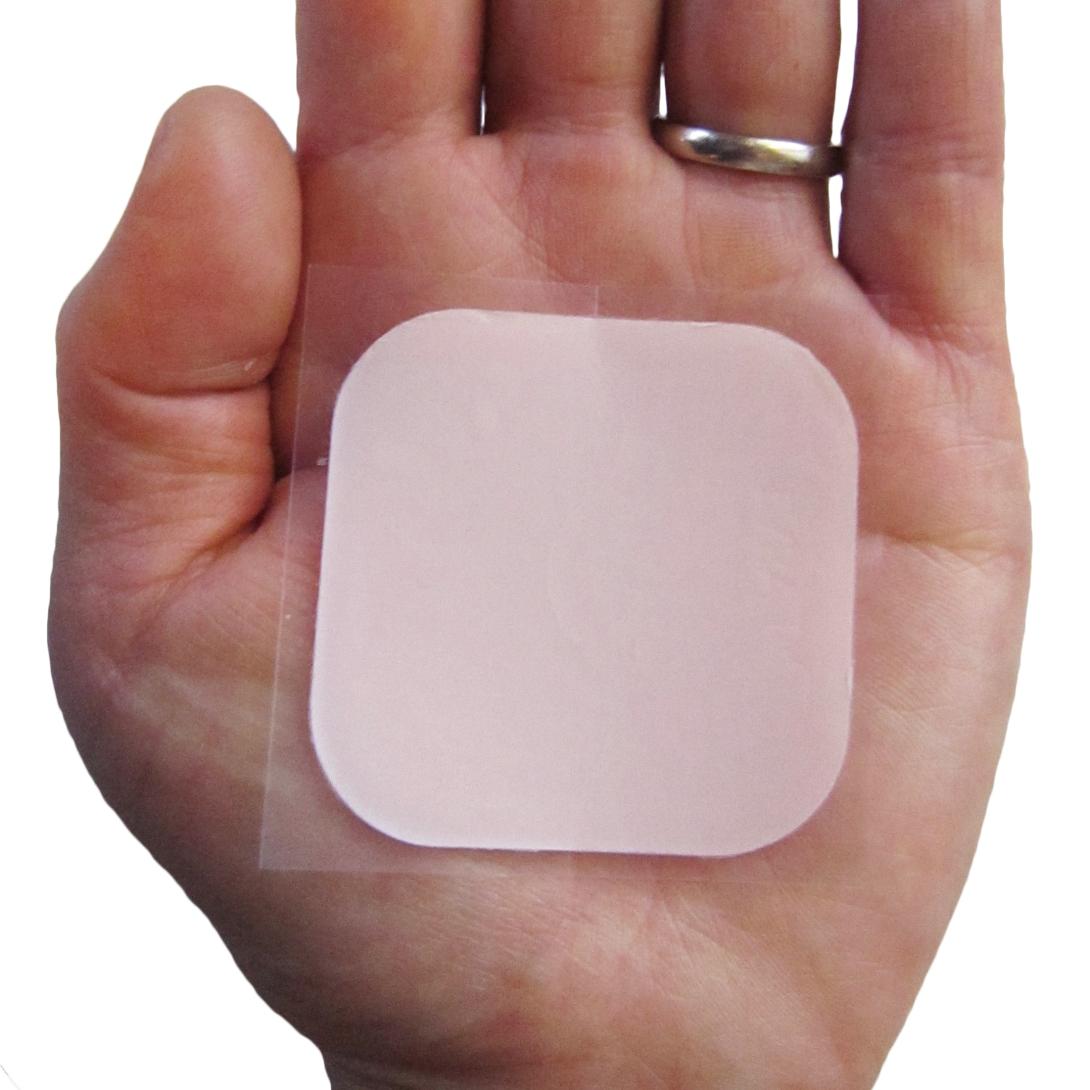What is the patch?
The patch is an adhesive square worn on the skin that is about 2 inches by 2 inches. It contains hormones to prevent pregnancy.
How does it work?
The patch is hormonal form of birth control. It contains progestin and estrogen that are released into the bloodstream through the skin to prevent pregnancy.
These hormones are similar to those in birth control pills and are meant to prevent the ovaries from releasing eggs. The patch also prevents sperm from traveling into the uterus by thickening the cervical mucus, keeping it from fertilizing an egg.
How effective is the patch?
9 out of 100 users will get pregnant each year.
What are the benefits?
- It is safe, convenient and very effective.
- You don’t have to think about birth control every day or every time you have sex.
- Potentially lighter, shorter, more regular and less painful periods.
- By skipping the one-week break, you can prevent a monthly period.
- Can stop using at any time if you want to get pregnant; quickly reversible.
- Some health benefits include protection against acne, iron deficiency anemia, ovarian cancers and others.
What are the downsides?
- The patch does not provide protection from sexually transmitted infections (STI). External condoms or internal condoms can be used to prevent STI.
- You must remember to use a new patch each week and refill your prescription regularly.
- A user may be exposed to slightly higher doses of hormones than in a standard birth control pill due to the continuous absorption of hormone through the skin.
- Can only be obtained by prescription.
- Less effective for those who weigh over 198 pounds.
- Bleeding between periods, breast tenderness, nausea and vomiting may occur for up to 2-3 months after starting the patch.
- After stopping the patch, it may take 1-2 months for regular periods to return.
What are the health risks?
The patch is safe for most users. Methods containing estrogen and progestin have a greater risk of certain problems including heart attack, stroke, blood clots, or developing high blood pressure, liver tumors, gallstones, or yellowing of the skin or eyes (jaundice). The risk increases if you smoke, are age 35 or older, are very overweight, have certain inherited blood-clotting disorders, have diabetes, have high blood pressure, have high cholesterol, or need prolonged bed rest. People with certain health risks should not use the patch.
Where can I get it and what are costs?
You can get a prescription for the patch at UHS, and you can purchase it at the UHS Pharmacy or another pharmacy. Video visits are available for contraception counseling and prescription of this method. To schedule, call 734-764-8320 or see How to Get Health Care. See also Cost, Insurance and Payment.
How do I use the patch?
- Stick one new patch on the skin of your buttocks, stomach, upper outer arm, or upper torso once a week for three weeks in a row.
- Reapply the patch on the same day each week.
- After removal, fold the patch in half so that it sticks to itself, seal it in a plastic bag, and throw it out in the trash. Do not flush.
- Remove the patch at the end of the third week. This is the week you should expect to have your period.
Important tips
- Check the patch every day to make sure it is still in place.
- If the patch loosens or falls off for less than one day, then simply reapply it. If it was off for more than one day, then apply a new patch and consider that day as your new start of the week.
- Do not use oils, makeup or lotions on the area surrounding the patch.
- Never apply the patch on your breasts.
- If you experience some of the common side effects after two to three months of use, talk to your health care provider.
Personal experiences
I was on the patch for a couple of years and after the first 3 months of my body adjusting to it, I had the regular side effects, mood swings and menstrual cramps. It's extremely convenient because I only have to remember it once a week, not daily like the pill.
I've used it off and on for the past few years or more (depending on if I was single or not). Indeed it is simple to remember to use and quite effective. My only complaint is skin irritation from time to time, and tender breasts.
Where can I get more information?
Talk to your health care provider. You can also get reliable information from Planned Parenthood.

